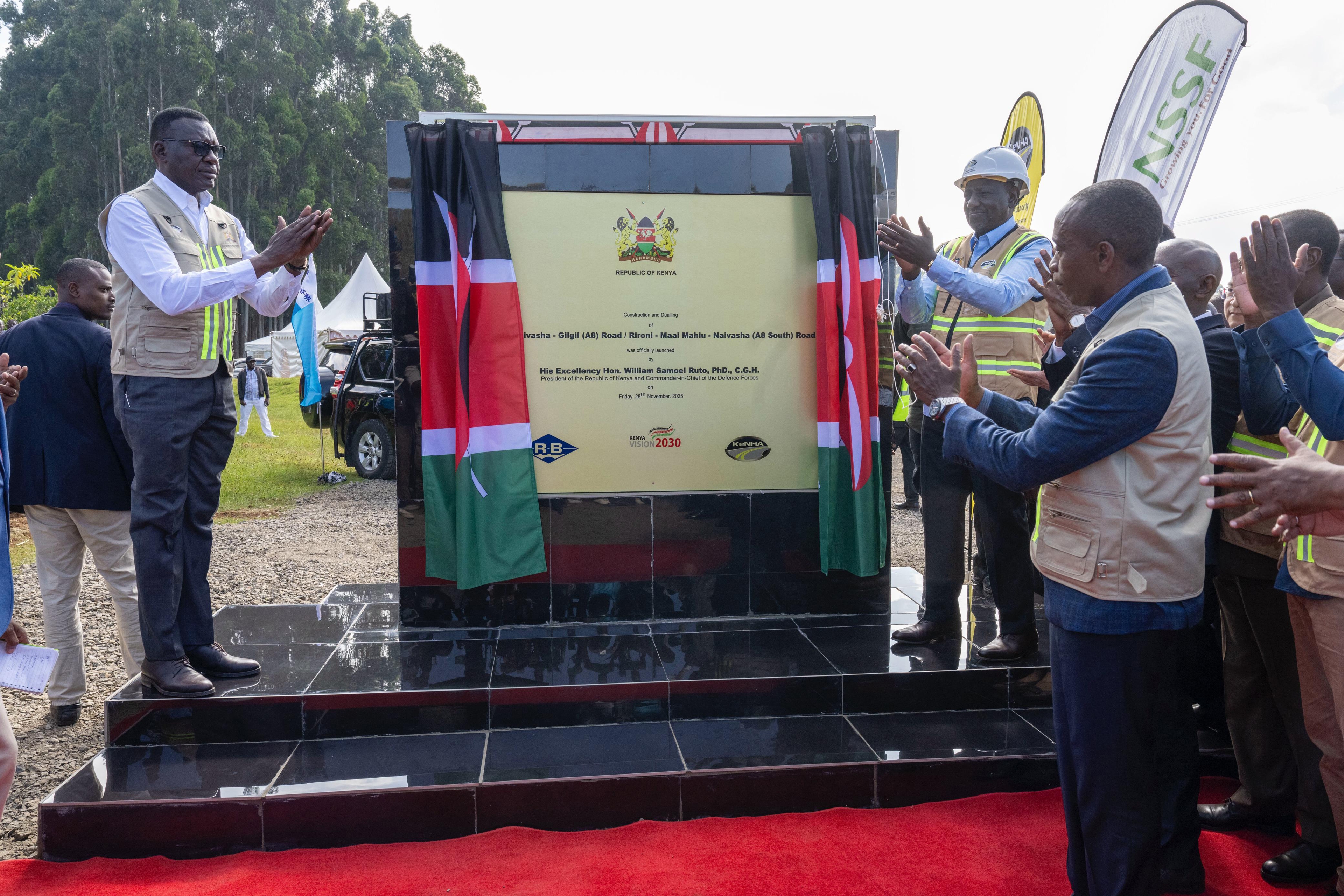A week after the 21st EAC Ordinary Summit on February 27, yet another row erupted in the East African Community.
This was after Kenya moved to ban the importation of maize from Tanzania and Uganda.
Agriculture and Food Authority acting director general Kello Harsama wrote to KRA’s Commissioner of Customs Pamela Ahago informing her that the imports should be stopped after tests showed maize from the two countries is not fit for human consumption.
“The authority has been conducting surveillance on the safety of food imports into Kenya. The results from maize imported from Uganda and Tanzania have revealed high levels of mycotoxins that are consistently beyond safety limits,” the letter dated Mach 5 read in part.
The ban was lifted a few days later, but with strict conditions.
However, days before, Tanzania’s Deputy Minister of Agriculture Hussein Bashe had told reporters that while they had seen the notification making rounds on social media, his country had not received any official communication from Kenya regarding the ban.
Bashe said the two states are members and have signed the International Plant Protection Convention that has a procedure that every country must follow when banning produce.
The IPPC is a multilateral treaty that applies to states involved with international trade in any commodity that could introduce a new plant pest into a new area. It is applicable to all trans-boundary movements of plants and plant products.
Explaining the procedure, Bashe said, “For instance when exporting maize from Tanzania, you are given the sanitary certificate. When the maize gets to the other side, the global procedure recognised by WTO and Plant Health Organization is in case a country finds an issue with a produce, especially food that does not meet the standards, they are supposed to raise the non-compliance notice and bring it to us.
“Since we started doing business with Kenya, that has never happened. So we are waiting for the formal statement although they have brought a notice on their side of the border to stop our vehicles.”
Grain trade is particularly important. For most of the post-war period, principal grain exporting countries pursued policies designed to support domestic prices, using foreign agricultural policy to dispose of accumulated surpluses and to pursue broader non-food (political and economic) objectives
Tanzania’s spokesperson Hassan Abbas on Monday also said there was no official statement on the ban although trucks were not being allowed through the Namanga border. He, however, said talks were ongoing between the two states.
Uganda lawmakers called Kenya a bully in the EAC and called for reciprocity over the “unnecessary” ban on Ugandan and Tanzanian products.
Aflatoxin has been an issue in the EAC.
In August, 2018, member states launched the EAC Policy Briefs on Aflatoxin Prevention and Control at a workshop geared towards enhancing levels of awareness on aflatoxin control and prevention in the region.
The 36th Meeting of Council of Ministers also directed members to mainstream EAC Aflatoxin Prevention and Control Strategy priorities in national budgets and agriculture investment plans.
On Friday it was reported that Burundi had announced a six-month ban on maize imports citing high levels of mycotoxins. The statement did not, however, specify any particular country.
While aflatoxin has been an issue of concern, this is the latest food diplomacy dispute in the bloc.
In November 2017, Tanzania burnt 6,400 chicks that had been imported from Kenya illegally.
In February 2018, Tanzania authorities burnt 5,000 imported chicks. They had been seized alongside 416 trays of eggs at the Namanga border. Tanzania Revenue Authority also confiscated tonnes of sugar, salt and 18 bags of tea leaves.
Then Tanzanian Livestock PS Maria Mashingo said the action was taken because the one-day-old chicks were not properly documented.
Weeks after assuming office in November 2015, President John Magufuli banned Kenyan milk firm, Brookside, from collecting the product and ordered all milk produced must be processed locally.
Kenya, on the other hand, in January 2017 banned importation of eggs from Uganda due to bird flu. It was lifted after two years.
The two states were also engaged in milk wars in December 2019, when Kenya introduced a 16 per cent VAT on milk imports from Uganda as part of measures cushion the local dairy sector.
Food is an old tool in diplomacy, and has been considered a source of strength and influence on diplomatic behaviour since the birth of the modern state.
Henry Nau, in The diplomacy of world food: Goals, capabilities, issues and arenas, notes that food is a factor in international diplomacy that is used as a direct instrument of policy formulation.
“Grain trade is particularly important. For most of the post-war period, principal grain exporting countries pursued policies designed to support domestic prices, using foreign agricultural policy to dispose of accumulated surpluses and to pursue broader non-food (political and economic) objectives,” says the article published in May 2009.














![[PHOTOS] Ruto launches Rironi-Mau Summit road](/_next/image?url=https%3A%2F%2Fcdn.radioafrica.digital%2Fimage%2F2025%2F11%2F6f6601a6-9bec-4bfc-932e-635b7982daf2.jpg&w=3840&q=100)


